Downtown Vision Blog
Learn more about optometrist care in our blog!
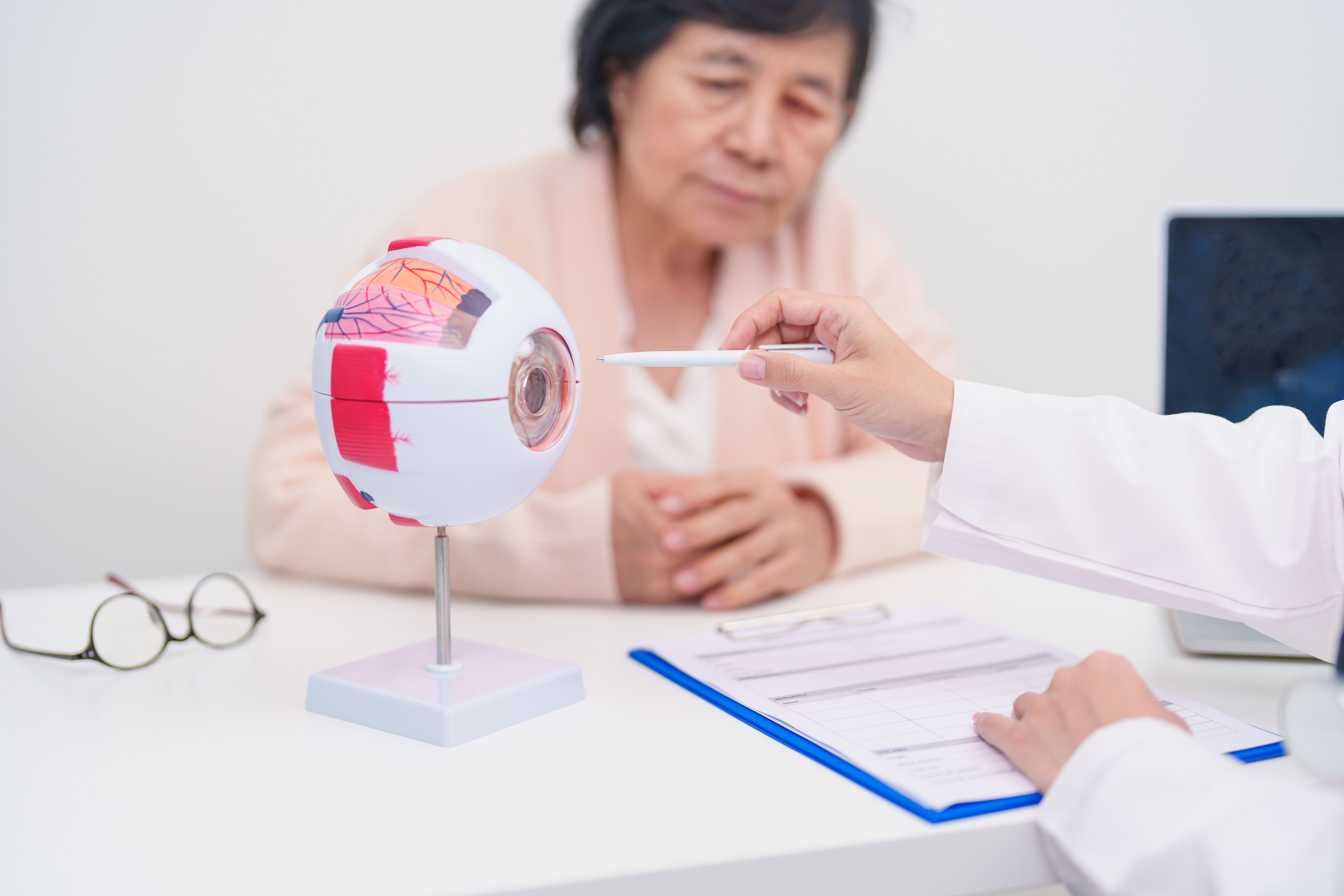
Living with diabetes means paying close attention to your overall health - but your vision deserves just as much care. Diabetes can quietly increase your risk for serious eye conditions, including glaucoma, a leading cause of irreversible vision loss. Because glaucoma often develops without noticeable symptoms, many people are unaware of the risk until damage has already occurred.
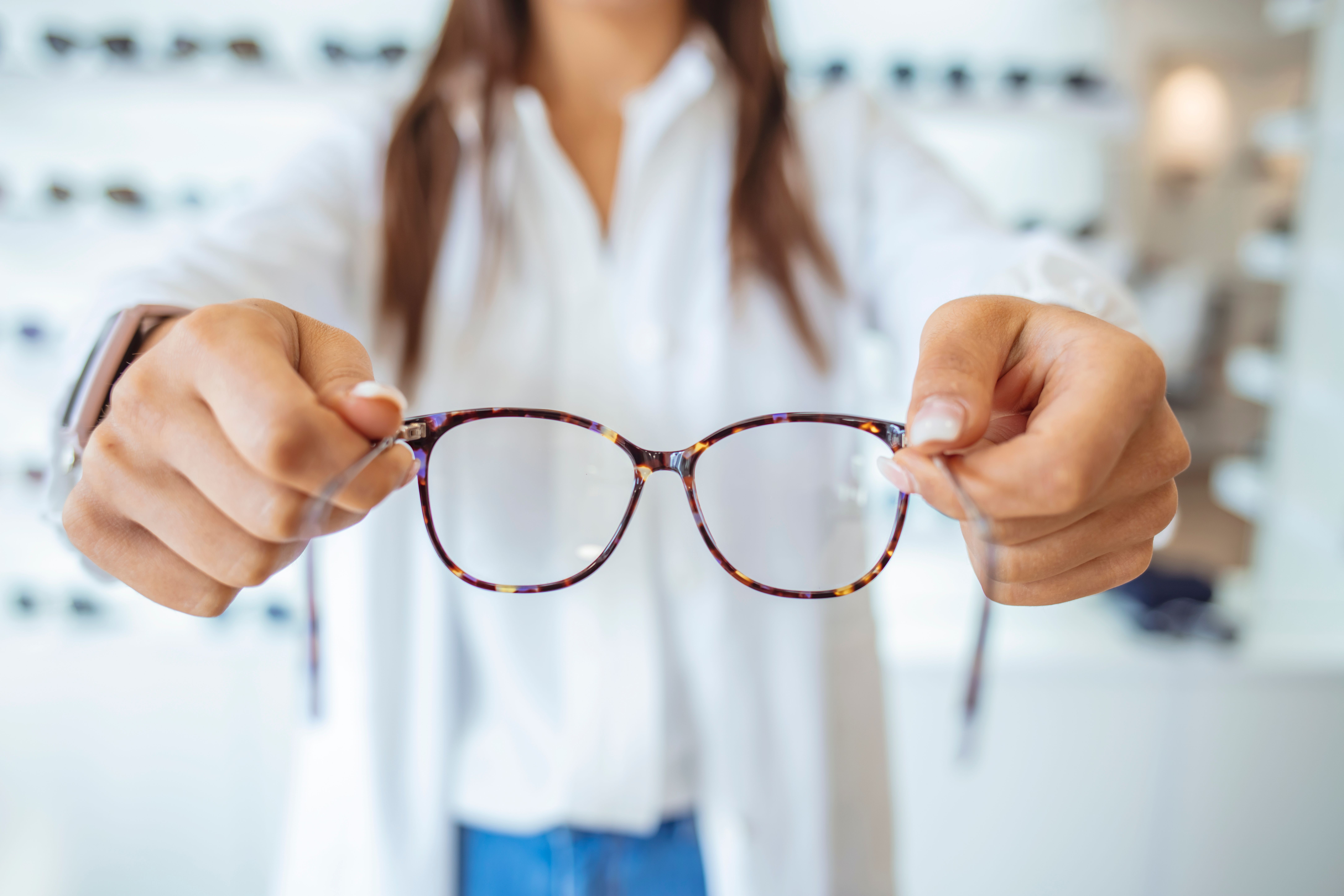
If you experience frequent headaches, eye strain, neck or shoulder pain, or feel unusually fatigued after reading or using digital devices, your eyes may be working harder than they should. For many people, these symptoms are caused by a small but significant vision issue called eye misalignment. At Downtown Vision, we’re proud to offer advanced lens technology designed to address the root cause of these discomforts.
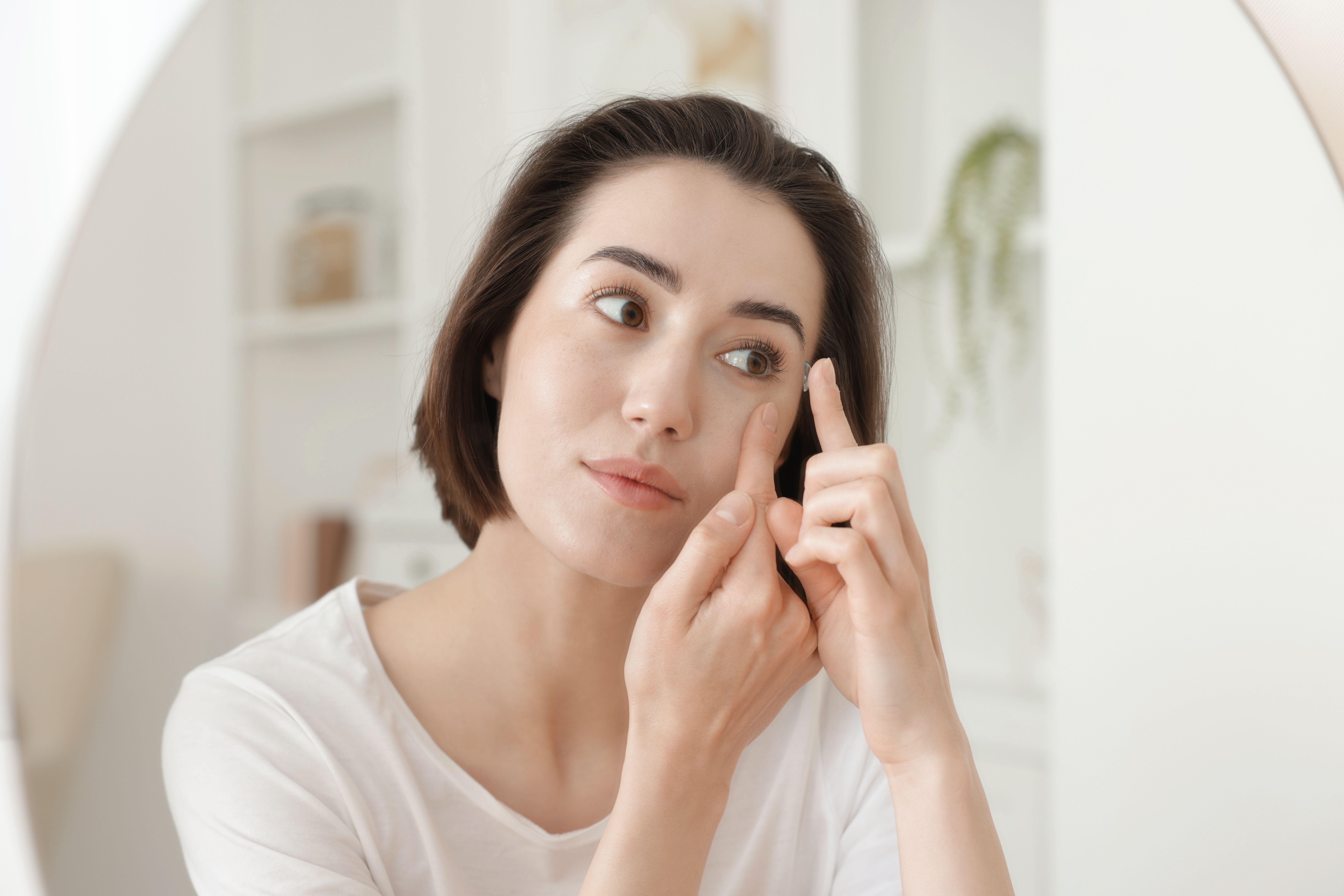
For many people, contact lenses become an easy part of the daily rhythm. But if you’ve recently noticed that inserting your contacts feels more difficult than it used to, you’re not imagining things. While your contact lenses themselves don’t technically get harder to put in over time, changes in your eyes, your lenses, and your habits can make the process less smooth than it once was.
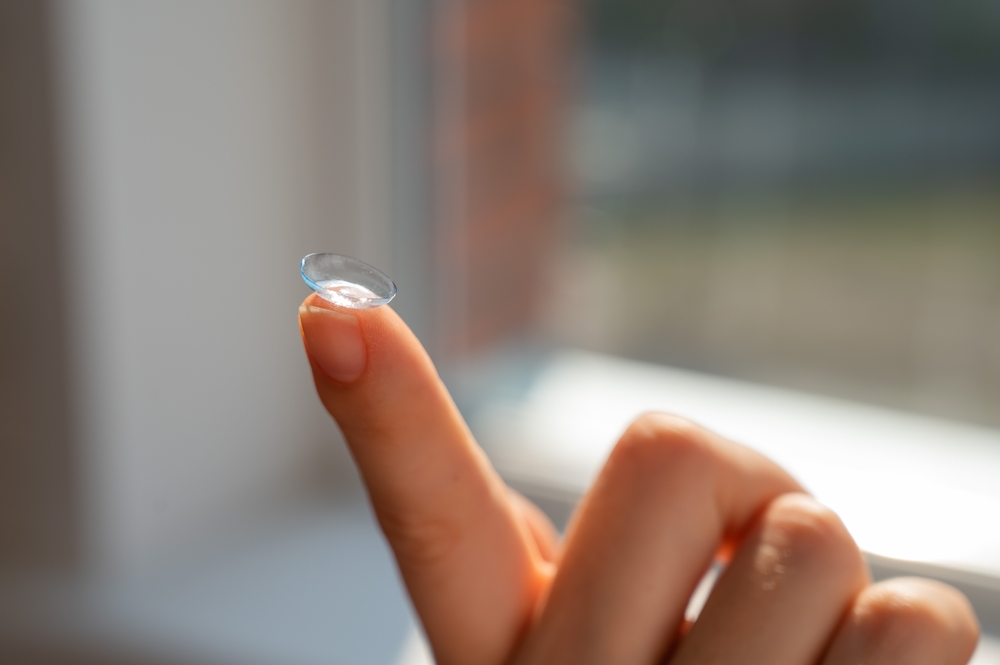
If you’ve ever wished contact lens wear felt simpler - less cleaning, fewer steps, more comfort - daily disposable lenses might be the perfect fit. These single-use contacts are worn once and tossed at the end of the day, offering a level of convenience that aligns beautifully with busy schedules and active lifestyles.

Buying new glasses is about more than just updating your prescription - it’s about choosing eyewear that fits your lifestyle, enhances your vision, and feels comfortable day after day. At Downtown Vision, we help guide you through every step so you can feel confident in your choice. Here are the key factors to consider when selecting your next pair.
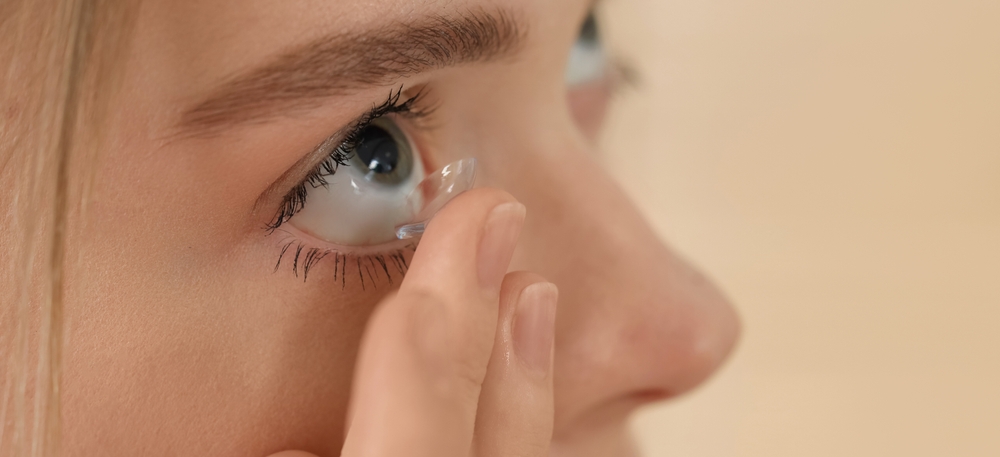
Myopia is a growing concern among children today. It occurs when the eye grows too long from front to back, causing distant objects to appear blurry. While glasses or contact lenses can correct vision, they don’t stop myopia from progressing.
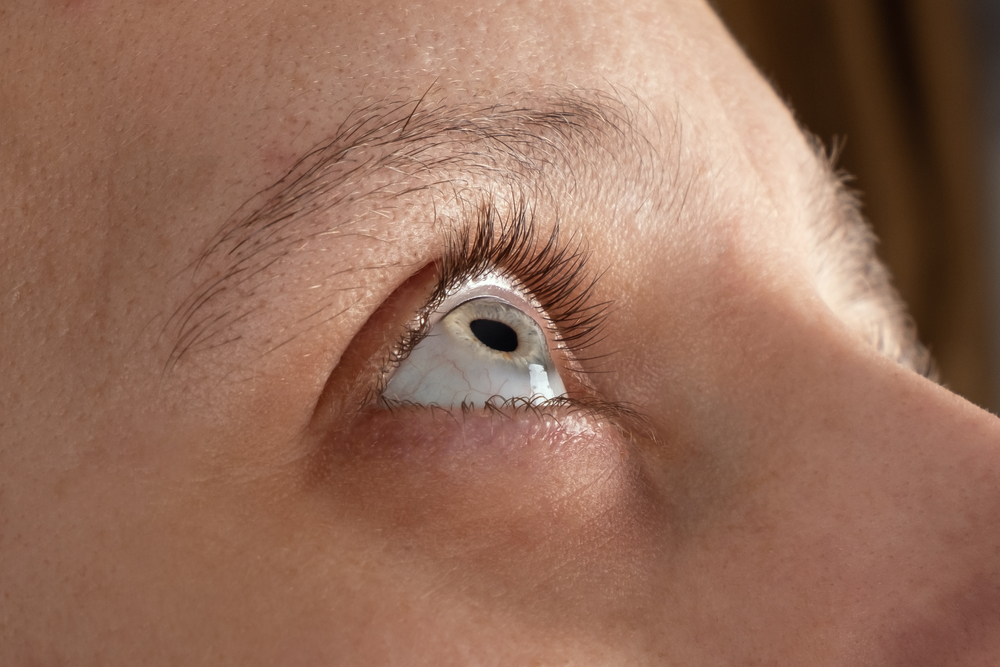
Keratoconus is a progressive eye condition that causes the cornea to thin and bulge outward into a cone-like shape. This irregular curvature distorts how light enters the eye, leading to blurry or distorted vision.

Dry, irritated eyes are one of the most common complaints people bring to their eye doctor. If your eyes often feel gritty, watery, or tired, you may be experiencing dry eye syndrome.
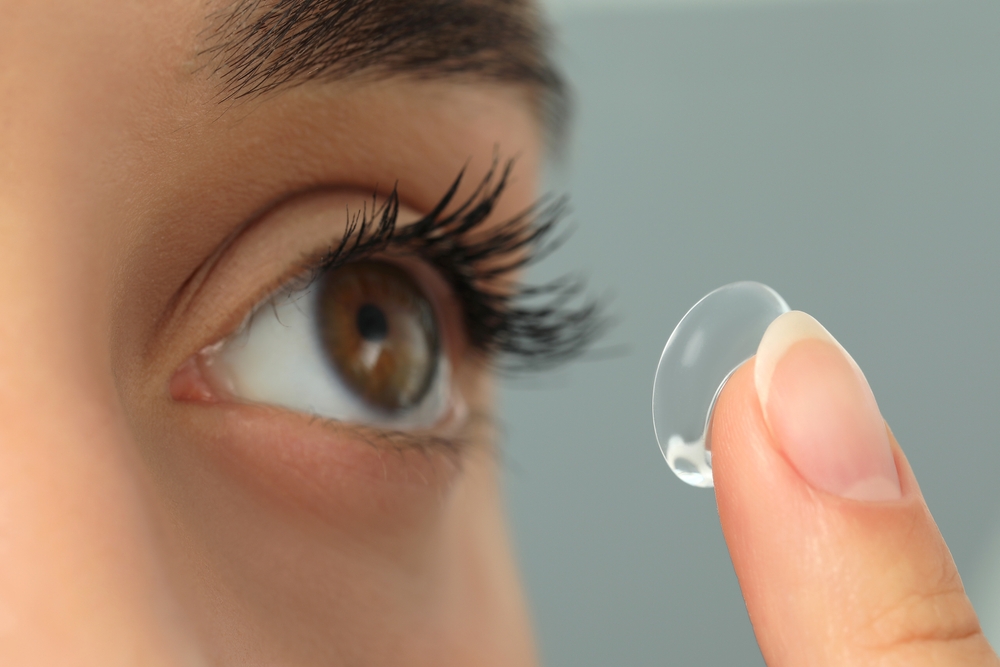
Scleral lenses have transformed vision care for people with conditions like keratoconus, severe dry eye, and other corneal irregularities. Their unique design provides sharp, comfortable vision by creating a tear-filled cushion between the lens and the eye.
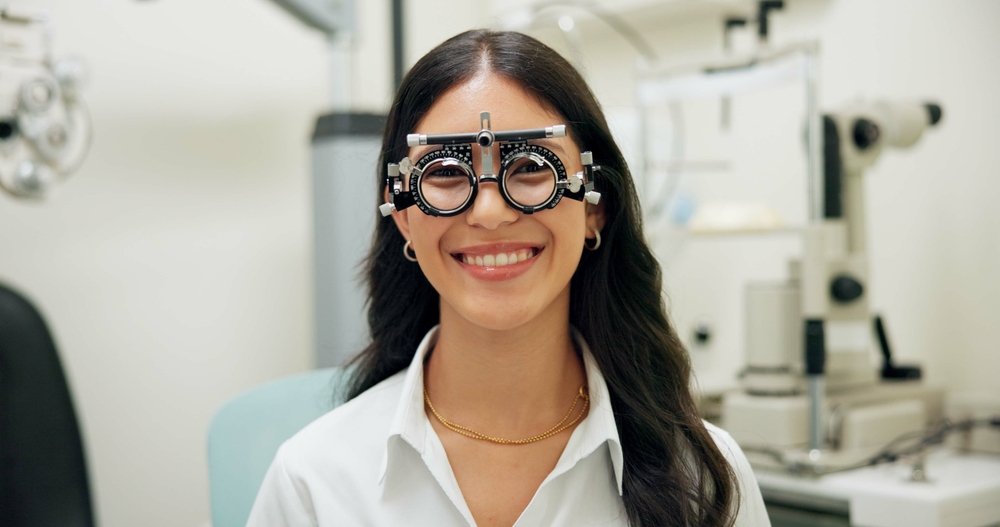
When it comes to picking out new glasses, most patients feel the same mix of excitement and uncertainty. A common question we hear at Downtown Vision is, “Do these frames look good on me?”







